Results
-
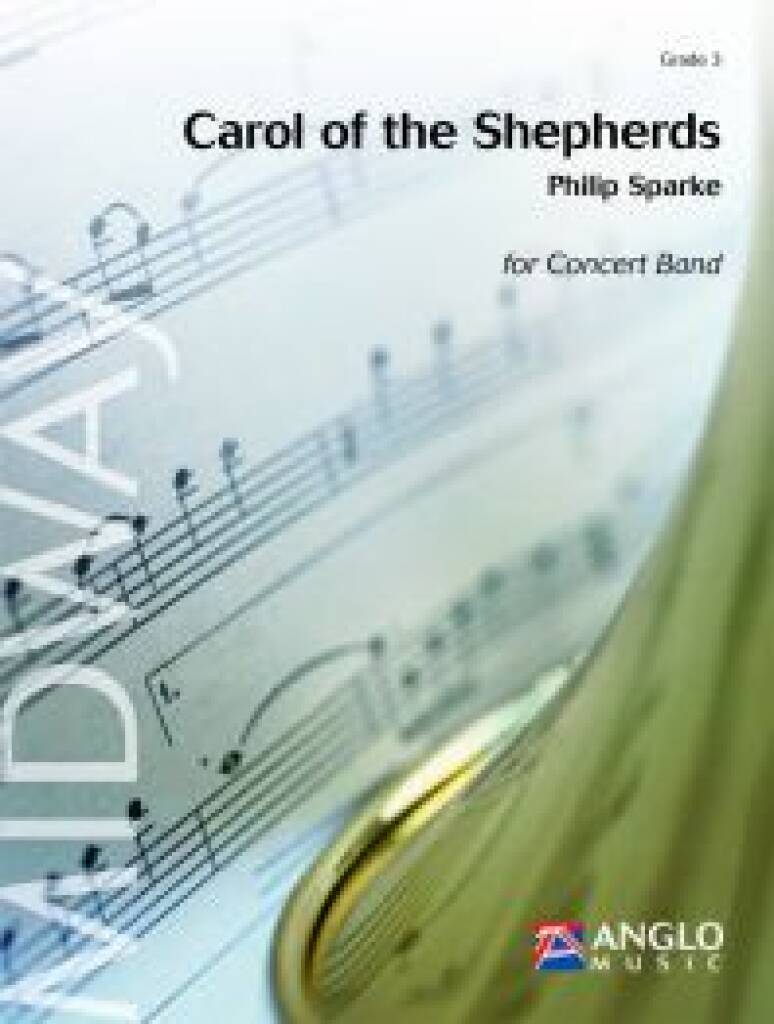 £59.99
£59.99Carol of the Shepherds - Philip Sparke
Carol of the Shepherds is based on the hymn tune 'Quem Pastores Laudavere' which dates back to the 14th century and is widely known throughout the Christian world. Although the melody has been set to a number of different texts in different countries it was originally a carol celebrating the Christmas story, in particular the visit of the Angel Gabriel to the shepherds.
Estimated dispatch 5-14 working days
-
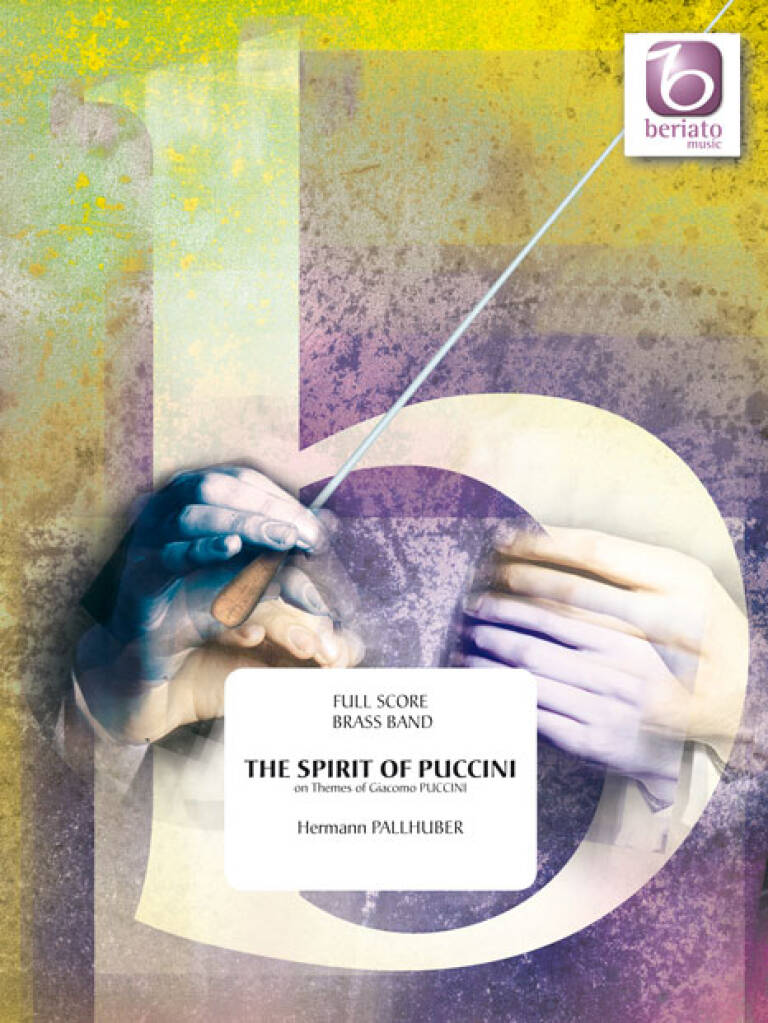 £169.99
£169.99The Spirit of Puccini - Hermann Pallhuber
The famous Puccini motifs in this work are taken from Tosca (E lucevan le stelle), Turandot (Nessun dorma), Gianni Schicci (O mio babbino caro) and a quite funny little persifl age of the aria Senti L'ora e vicina from Tosca. The Spirit of Puccini has testing moments for each of the principal players of the bands sections. Even although the music was inspired by this famous Italian composer, Hermann Pallhuber has succeeded in creating a piece of 'real band music' combining both the Italian influences and the modern British brass band sound.
Estimated dispatch 5-14 working days
-
£54.99
The Muppet Show Theme - Jim Henson - Lorenzo Bocci
"It's time to play the music. It's time to light the lights. It's time to meet the Muppets on the Muppet Show tonight." These lyrics opened the Muppet Show, which has been broadcast in over 100 countries around the world. The multi-talented Jim Henson was the creative inspiration for the show, developing the characters, providing some of the voices for the puppets and composed the theme song. Now you can bring the lights and music to your stage with this flexible arrangement in five parts with drum kit!
Estimated dispatch 5-14 working days
-
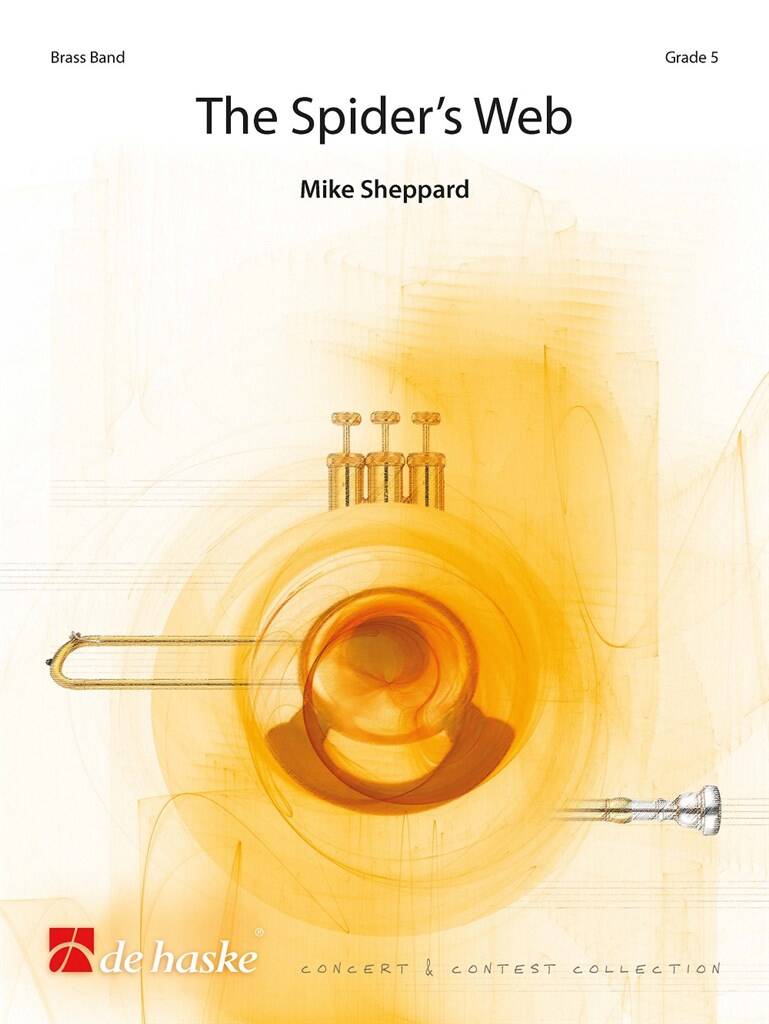 £76.99
£76.99The Spider's Web - Mike Sheppard
The Spider's Web is a metaphor for danger, uncertainty and risk. Throughout the piece moments of danger contrast with moments of tranquility at certain points these two ideas merge and in others they battle against one another. In this piece which requires a lot of technical skills for the players, the composer moves unexpectedly from moments of peacefulness to situations of threat and danger. An impressive, versatile and truly spectacular piece!
Estimated dispatch 5-14 working days
-
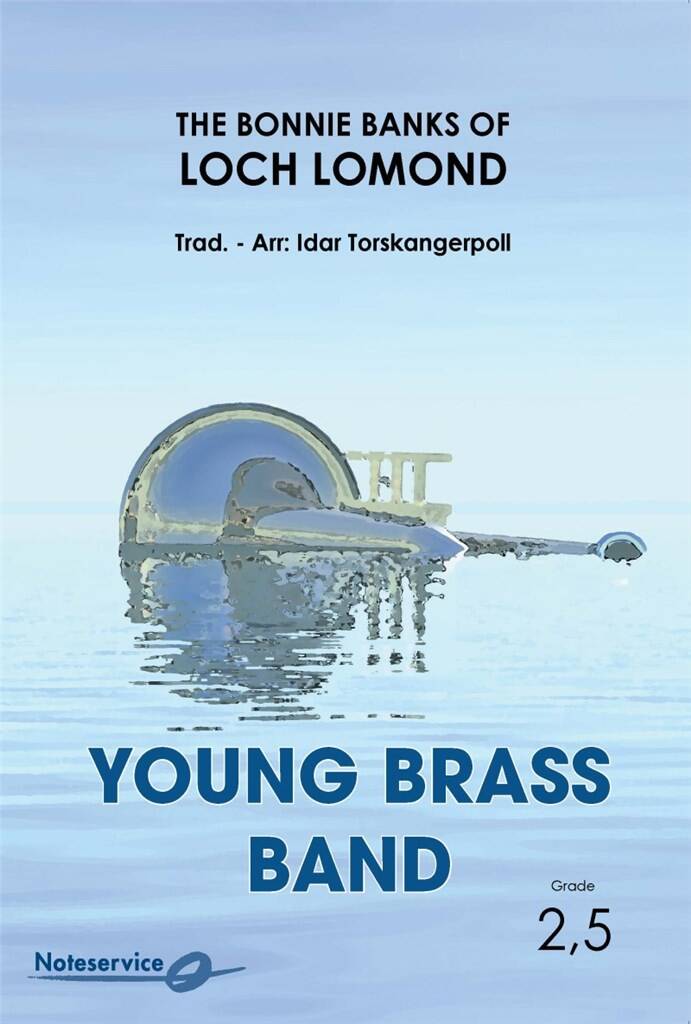 £105.20
£105.20The Bonnie Banks of Loch Lomond - Idar Torskangerpoll
The Bonnie Banks of' Loch Lomond is a traditional scottish tune first time published in 1841. It is often the last tune on a night of partying in nightclubs and dinner parties. The arrangement has the solo lines doubled to suit more bands. Please make sure that good balance is as good as possible between the lines.
Estimated dispatch 5-14 working days
-
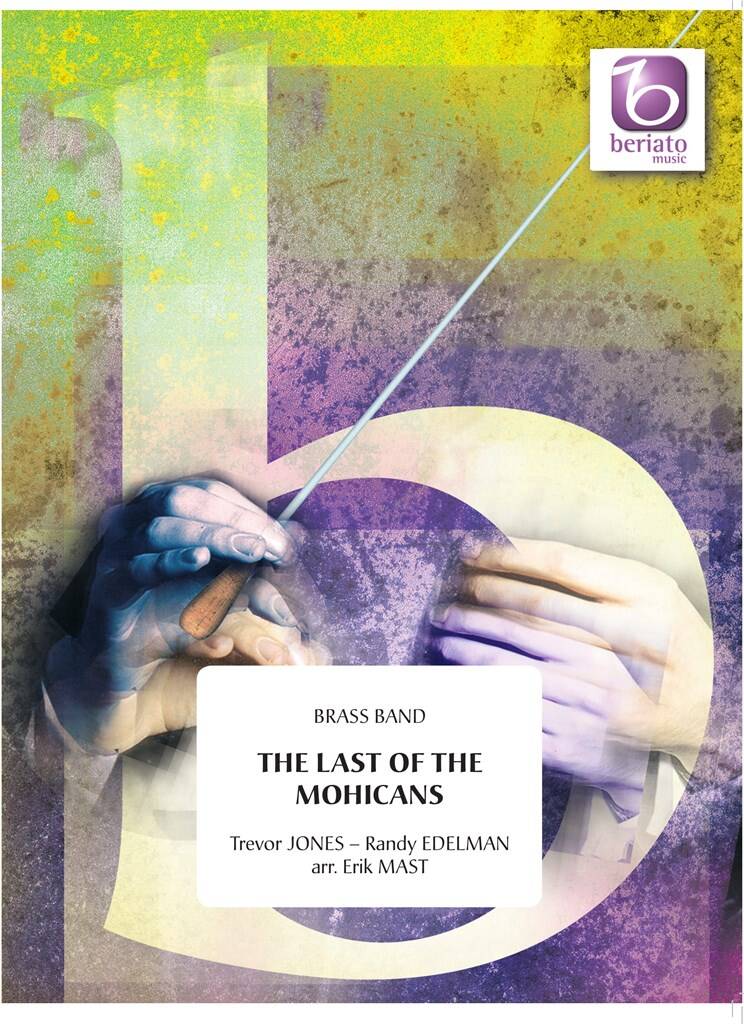 £102.99
£102.99The Last Of The Mohicans - T. Jones - Erik Mast
This Hollywood blockbuster from 1962, is an historic and epic drama that turned out to be a massive box-office hit, despite the unknown cast. Its success can undoubtedly be attributed in part to the excellent soundtrack. Erik Mast has made a wonderful arrangement of the soundtrack which has become a masterpiece in its own right.
Estimated dispatch 5-14 working days
-
£115.60
In Dulci Jubilo - Idar Torskangerpoll
This Christmas psalm is famous all over the world and especially in Europe. It is likely that the melody is more than 600 years old.Many famous composers have written their own harmonics and versions of the psalm. This arrangement isbased on two different harmonics; The first and third verse is based on the harmonics by Michael Praetorius while the second verse is based on the harmonics of Johann Sebastian Bach.
Estimated dispatch 5-14 working days
-
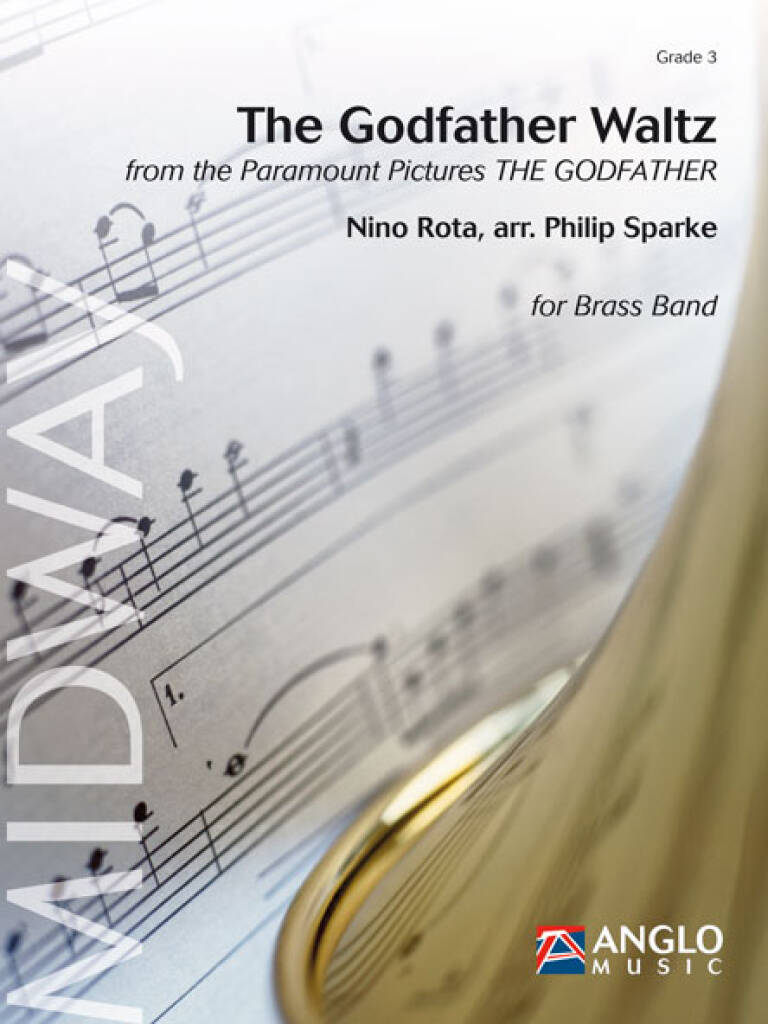 £69.99
£69.99The Godfather Waltz - Nino Rota - Philip Sparke
Francis Ford Coppola's 1972 film The Godfather is seen by many to be a turning point in cinematic history. The sparse score, written by Nino Rota, is famous for its haunting main theme, played by a solo trumpet, from which The Godfather Waltz is derived. Philip Sparke has created a stunning arrangement of this theme, which appears in all three parts of the trilogy.
Estimated dispatch 5-14 working days
-
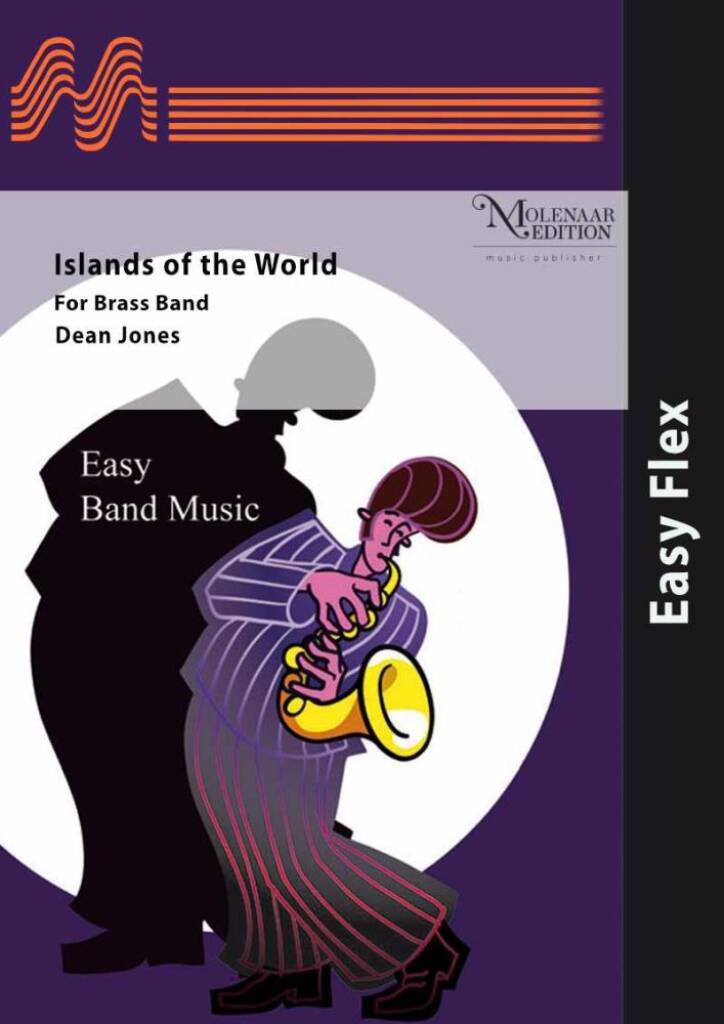 £59.80
£59.80Islands of the World - Dean Jones
We travel from Jamaica to Madagascar and then end up in Crete. The wonderful climate of the visited islands can be heard in this characteristic composition for training orchestra.
Estimated dispatch 5-14 working days
-
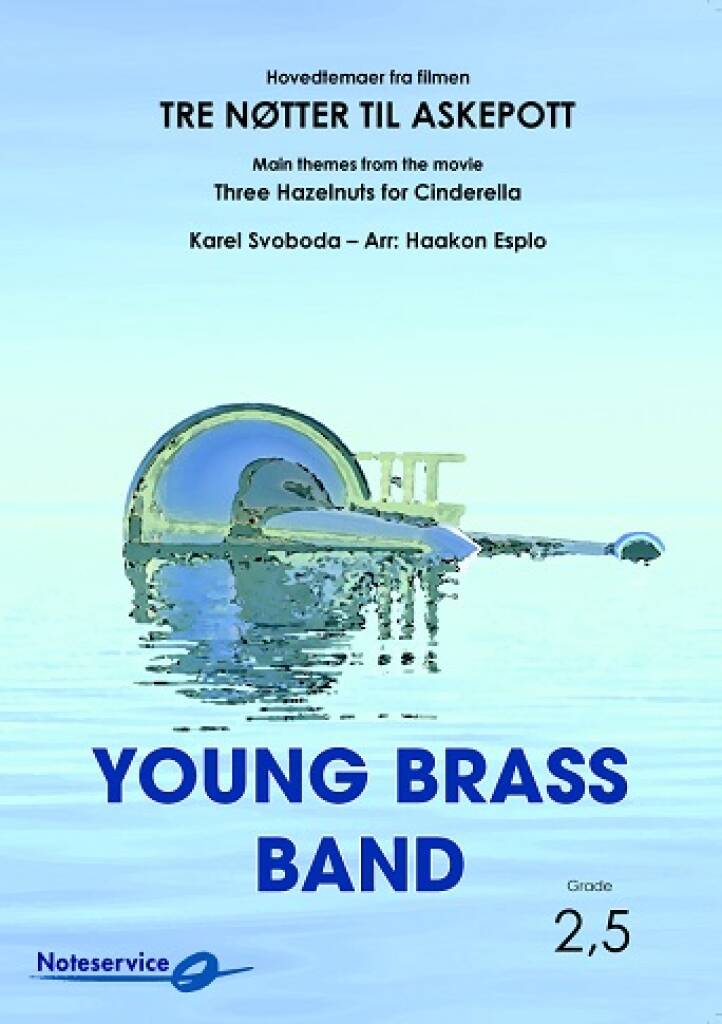 £105.20
£105.20Themes from the movie 3 hazelnuts for Cinderella - Karel Svoboda - Haakon Esplo
Three Hazerlnuts for Cinderella, original title Drei Haselnusse fur Aschenbrodel, is an East German-Czechoslovakian adventure film from 1973.The film has been shown on Norwegian Broadcasting Corporatin TV every Christmas Eve since 1975. ThreeHazelnuts for Cinderella is also broadcasted as a Christmas film on TV in several other European countries.The film has both Czech and East German actors, and is available both in a German and a Czech edition.
Estimated dispatch 5-14 working days
